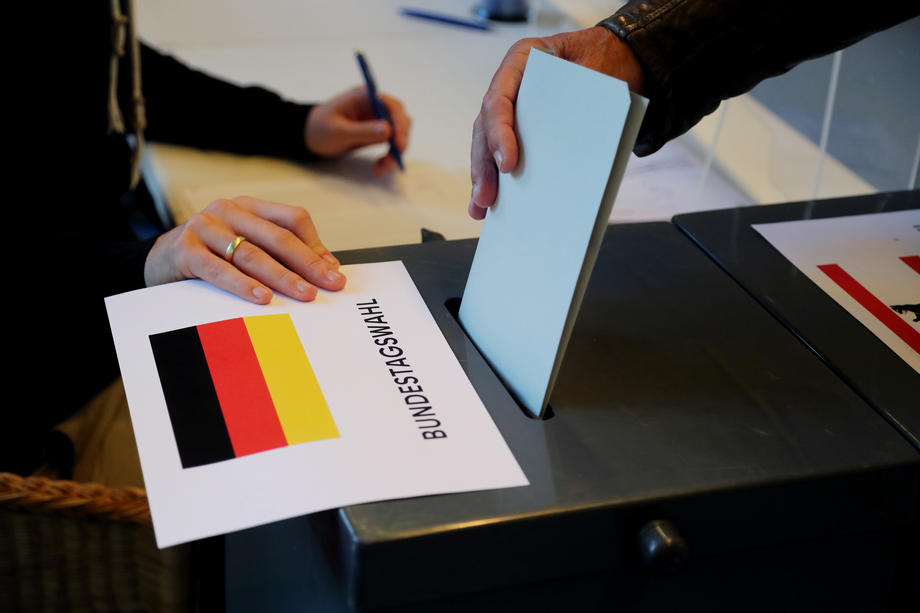Polling stations open in Germany

Polling stations opened in Germany this morning, with citizens voting to elect the 20th Bundestag, and in the federal states of Berlin and Mecklenburg-Western Pomerania, provincial parliaments are being elected. transmits the BBC.
About 60,4 million Germans are eligible to vote in the election, almost a million fewer than four years ago, in the last parliamentary elections in 2017. An estimated 2,8 million people are voting in the Bundestag election for the first time.
Germany is divided into 299 constituencies, most of them in the most populous federal state of North Rhine-Westphalia (64) and the least in the federal state of Bremen (2).
Turnout is declining
This year, due to a pandemic, a record number of voters are expected to cast their ballots in writing. Their number has been steadily increasing in recent years, and in the 2017 elections, 28,6 percent of voters cast their ballots in writing. The twentieth convening of the Bundestag may be the largest ever. The number of MPs is also constantly increasing, and at the current convocation it is 709. The Bundestag may have a minimum of 598 MPs, but their number grows thanks to the complicated electoral system, and the excess seats are obtained when the party candidate gets more direct votes in the election. unit than the party to which it belongs.
Voter turnout has been steadily declining since the 1980s, when it was almost 90 percent. In the last parliamentary elections in 2017, it was 76,2 percent. The first turnout data will be released shortly after 15 p.m. The first estimates based on exit polls will be announced shortly after polls close at 18pm. The results based on the counted votes will arrive overnight, and the first incomplete official results are expected around midnight. Immediately after the central information program of the public service ARD, a traditional TV debate will be held at 20 pm, with the participation of representatives of all parties represented in the Bundestag. During this debate, the foundations are often laid for future coalition negotiations.
Problems with forming a coalition
It is expected that after these elections, forming a coalition will be extremely difficult. Whichever party wins the most votes, a three-party coalition is likely to be needed. Currently, the coalition of the Greens and the FDP (Liberals) is in option, either with the Union or the SPD at the helm.
According to the latest polls by the Allensbach Institute for the daily FAZ, the CDU / CSU union with Chancellor-designate Armin Lashett has reduced the SPD lead of Social Democrat candidate Olaf Scholz to just one percent. According to most polls, the SPD can expect support from 25 to 27 percent of voters, while the Union would be elected from 22 to 25 percent. In third place is the Green Party with 15-17 percent, followed by AfD and FDP with 11 percent each. The Left Party can expect between six and seven percent.


